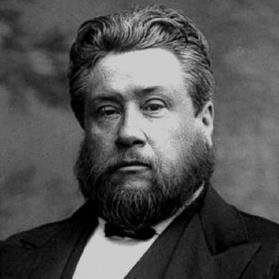
Craig Ireland
@craigcireland
Followers
2K
Following
25K
Media
895
Statuses
19K
Strategic ecclesiologist, Spurgeon PhD. Church Growth DMin, author, pastor https://t.co/lAdXWXAj7J // Lecturer at Haddon Institute.@wearehaddon & @kingsdivinity
Brisbane, Queensland
Joined November 2009
RT @SpurgeonBooks: “We miss a thousand blessings because we are too busy to commune with God.”. — Charles Spurgeon.
0
40
0
RT @Heidel_bro1563: “Purgatory is a deadly fiction of Satan which nullifies the cross of.Christ.”. -John Calvin
0
182
0




